by Dr Dave Skingsley (aka the ‘bugbotherer’)
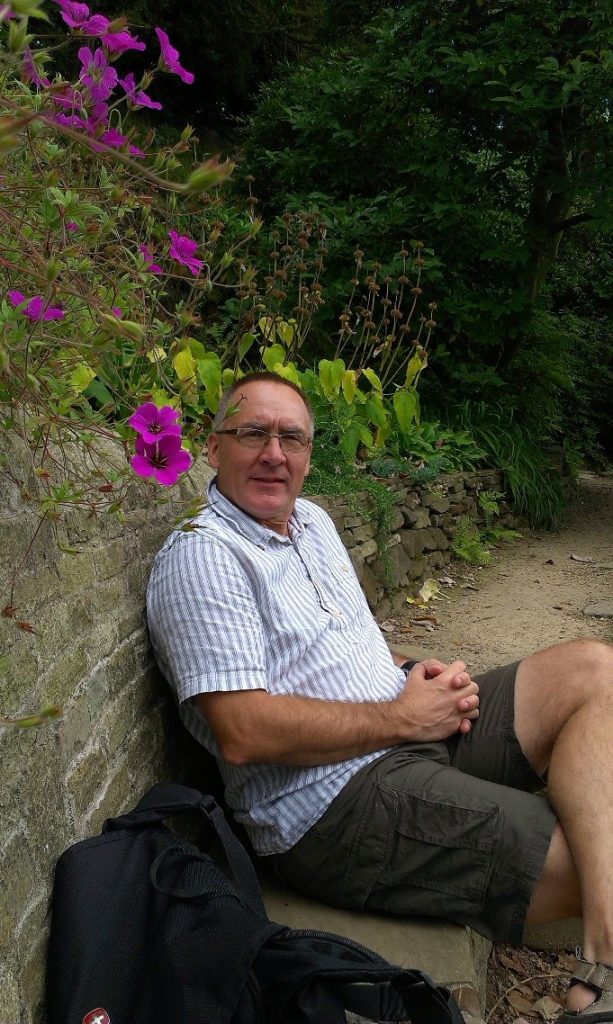 With summer started (honestly!) many people turn to the public green spaces around them (such as gardens, parks, towpaths, the moorlands) for a place in which to relax. It’s only then, when listening to the natural world, that people become aware of the background buzz of the workers toiling in these places. The question many are now asking (Hallman et al 2017) is has that noise become quieter? The evidence is mounting that there are fewer insects in the ‘wilder spaces’ but that private green spaces such as home gardens provide places where insects (and I must admit to favouritism here) can call home, or a workplace. Just a quick search of the internet shows most of the wildlife charities (links below) recognise the value of garden green spaces and the needs to, just ever so slightly, rewild them.
With summer started (honestly!) many people turn to the public green spaces around them (such as gardens, parks, towpaths, the moorlands) for a place in which to relax. It’s only then, when listening to the natural world, that people become aware of the background buzz of the workers toiling in these places. The question many are now asking (Hallman et al 2017) is has that noise become quieter? The evidence is mounting that there are fewer insects in the ‘wilder spaces’ but that private green spaces such as home gardens provide places where insects (and I must admit to favouritism here) can call home, or a workplace. Just a quick search of the internet shows most of the wildlife charities (links below) recognise the value of garden green spaces and the needs to, just ever so slightly, rewild them.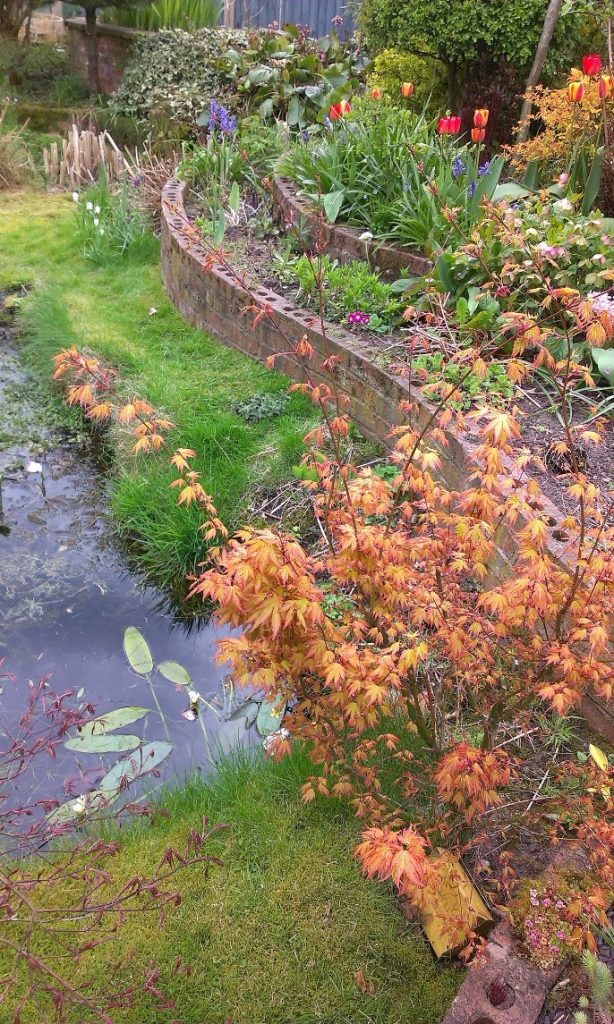
All of these charities recognise some key ideas to help insects and thus all the other creatures (including humans).
So what can you do with the space outside your house, flat, parking lot.
Try some of these approaches
Bird boxes
These offer shelter and spaces for those nesting places lost to tree felling and hedgerow removal. Birds, and all the other wildlife would prefer the hedgerows and trees but if they have been lost where could they go? Old bird boxes are often colonised by bees. Check out the RSPB’s advice on creating a wildlife-friendly garden.
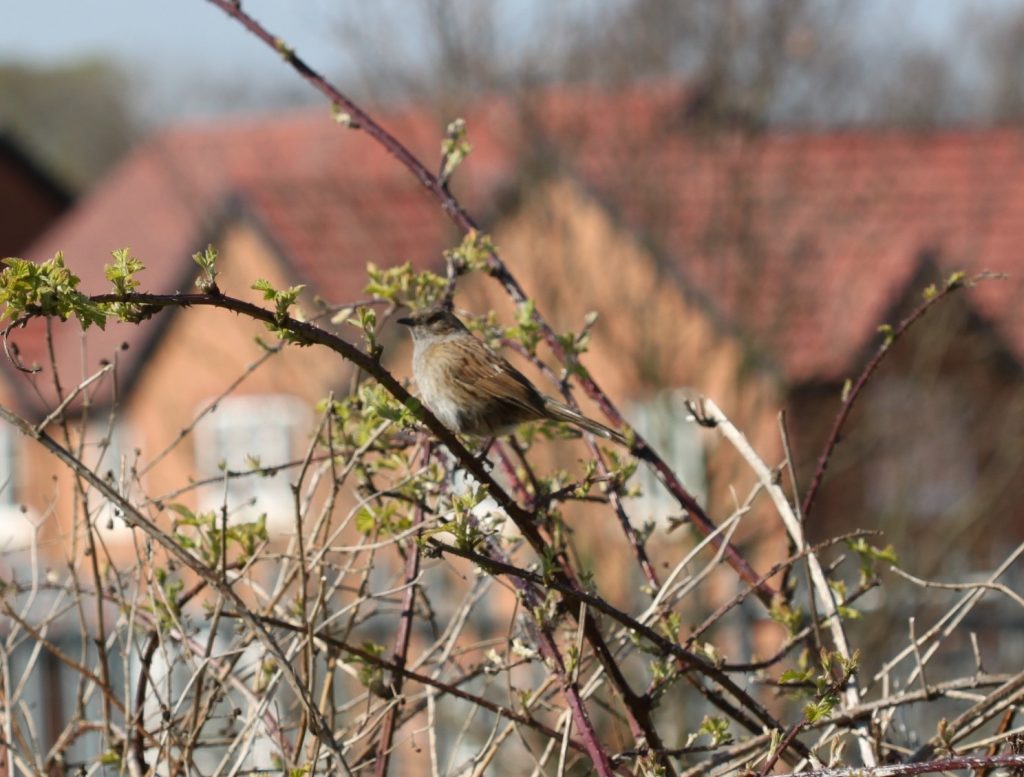 Dunnock on Bramble Continue reading →
Dunnock on Bramble Continue reading →
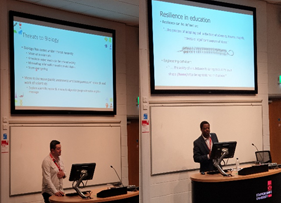


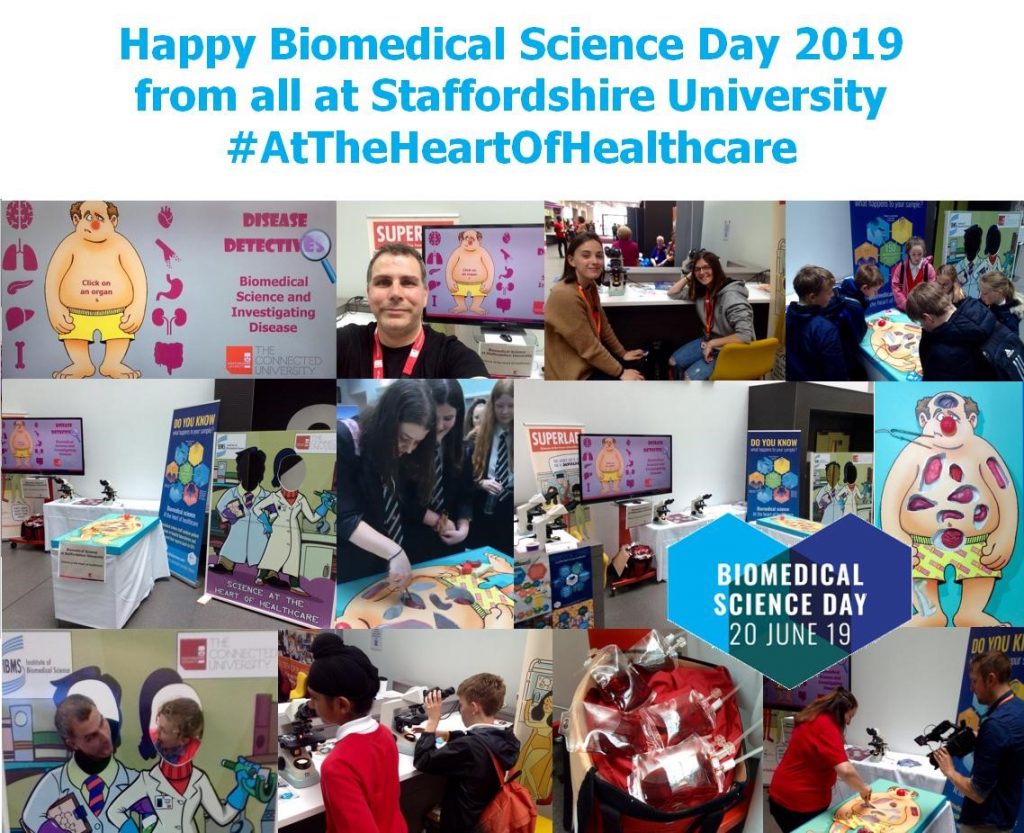
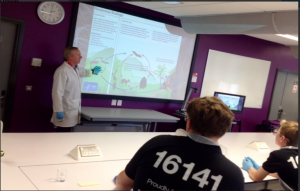 Eleanor Atkins along with some of our brilliant specialist technicians ran workshops throughout the day of a taster into being an Eco Detective. This workshop saw students being hands-on in investigating incidences of dead fish being discovered in the Dee Estuary, testing samples collected from the river Dee and the estuary itself to identify the pollutant and its source, all technics which would be used by The Environmental Agency.
Eleanor Atkins along with some of our brilliant specialist technicians ran workshops throughout the day of a taster into being an Eco Detective. This workshop saw students being hands-on in investigating incidences of dead fish being discovered in the Dee Estuary, testing samples collected from the river Dee and the estuary itself to identify the pollutant and its source, all technics which would be used by The Environmental Agency. 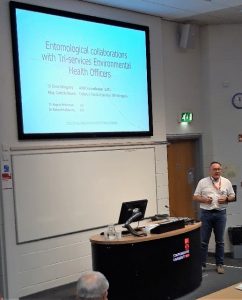
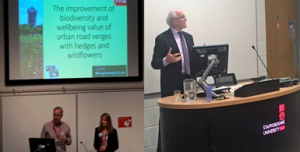
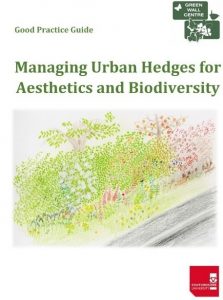 The PGR Conference is hosted annually at the university to showcase the post-graduate research being carried out from all schools across the university. We saw two of our PhD students informing other post-graduates and staff members of their research.
The PGR Conference is hosted annually at the university to showcase the post-graduate research being carried out from all schools across the university. We saw two of our PhD students informing other post-graduates and staff members of their research.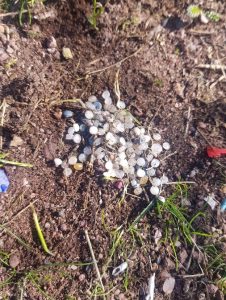 Eleanor Harrison presented the beginning of her research into soil microplastics. Speaking about the need for research into terrestrial microplastics as current research and media attention is centred around marine macro and microplastics which is an issue but studies of plastics in soil and the effects that it may have on agricultural, environmental and human health aspects are lacking. Ellie is in the early stages of her PhD but has already begun testing the effectiveness of methodologies in separating the microplastics from the organic matter in soil samples to be able to analyse the samples. Ellie is now in America with colleagues from the School of Law, Policing and Forensics, taking part in a expedition of the Hudson River with the Rozalia Project, sampling soil from river banks along the way and analysing them for microplastics, mainly nurdles (small plastic pellets roughly the size of a lentil) which are used industrially to make plastic products.
Eleanor Harrison presented the beginning of her research into soil microplastics. Speaking about the need for research into terrestrial microplastics as current research and media attention is centred around marine macro and microplastics which is an issue but studies of plastics in soil and the effects that it may have on agricultural, environmental and human health aspects are lacking. Ellie is in the early stages of her PhD but has already begun testing the effectiveness of methodologies in separating the microplastics from the organic matter in soil samples to be able to analyse the samples. Ellie is now in America with colleagues from the School of Law, Policing and Forensics, taking part in a expedition of the Hudson River with the Rozalia Project, sampling soil from river banks along the way and analysing them for microplastics, mainly nurdles (small plastic pellets roughly the size of a lentil) which are used industrially to make plastic products.

 With summer started (honestly!) many people turn to the public green spaces around them (such as gardens, parks, towpaths, the moorlands) for a place in which to relax. It’s only then, when listening to the natural world, that people become aware of the background buzz of the workers toiling in these places. The question many are now asking (Hallman et al 2017) is has that noise become quieter? The evidence is mounting that there are fewer insects in the ‘wilder spaces’ but that private green spaces such as home gardens provide places where insects (and I must admit to favouritism here) can call home, or a workplace. Just a quick search of the internet shows most of the wildlife charities (links below) recognise the value of garden green spaces and the needs to, just ever so slightly, rewild them.
With summer started (honestly!) many people turn to the public green spaces around them (such as gardens, parks, towpaths, the moorlands) for a place in which to relax. It’s only then, when listening to the natural world, that people become aware of the background buzz of the workers toiling in these places. The question many are now asking (Hallman et al 2017) is has that noise become quieter? The evidence is mounting that there are fewer insects in the ‘wilder spaces’ but that private green spaces such as home gardens provide places where insects (and I must admit to favouritism here) can call home, or a workplace. Just a quick search of the internet shows most of the wildlife charities (links below) recognise the value of garden green spaces and the needs to, just ever so slightly, rewild them.
 Dunnock on Bramble
Dunnock on Bramble 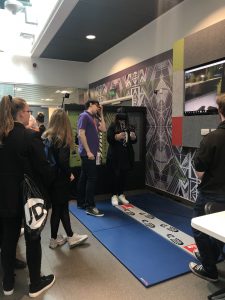
 on my knowledge.
on my knowledge.